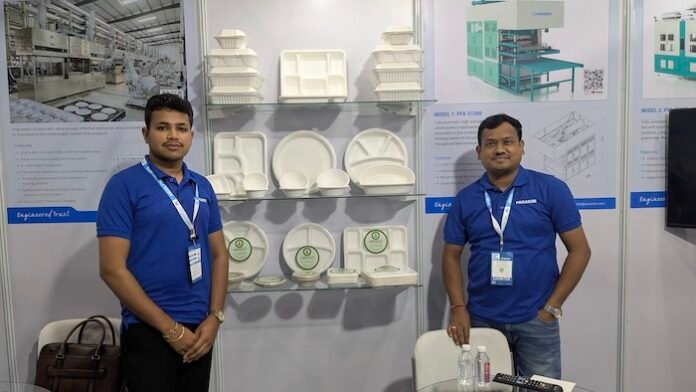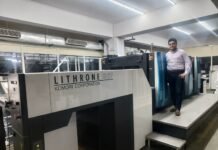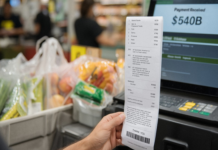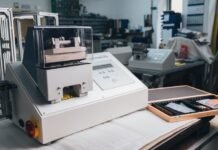
At Anuga FoodTec in Mumbai, Parason Machinery, a leading manufacturer of pulp and molded fiber machinery, focused on sustainable packaging. The company showcased its molded fiber machinery vertical, along with one of its customers, Kompo Pack, demonstrating how its equipment is enabling manufacturers to produce biodegradable, eco-friendly alternatives to plastic packaging.
In an interaction with Packaging South Asia, Kundansing Naglot, sales and marketing engineer, Parason Machinery, explained that the company has technology to process agro-residues such as bagasse and other agricultural by-products into pulp, which is then used in molded fiber manufacturing.
“Our machinery enables the complete conversion of agro waste into pulp, which can then be processed into a slurry and formed into molded fiber products,” Naglot said. “We provide both automatic and semi-automatic machines that cater to different levels of production capacity and automation requirements.”
Naglot claimed the molded fiber products manufactured using Parason’s machinery are 100% biodegradable and decompose within 90 days of use, making them a practical alternative to single-use plastics.
While molded fiber packaging is often associated with the food industry, Naglot emphasized that its applications go far beyond. “Molded fiber products are widely used in industrial packaging, electronics, medical, and chemical industries; mostly for fan casings, laptop casings, or even the packaging you see with Apple products. All of these can be produced using molded fiber technology,” he said.
For Parason, participation in Anuga FoodTec was about engaging with potential customers and generating new business leads. “We are here to showcase our capabilities and to connect with industries that want to explore biodegradable packaging solutions,” Naglot said.
Looking ahead, Parason is working on further automation in molded fiber manufacturing. While the company already offers automatic and semi-automatic machines, the next step is to introduce fully automated lines, including trimming and finishing.
“In automatic machines, the products come out trimming-free, but there can be uneven edges,” he explained. “Currently, manual trimming ensures smoothness, but our goal is to provide fully automated lines that can handle trimming and finishing as well.”
This step, he said, will help customers achieve consistent quality while reducing manual intervention, thereby improving efficiency and scalability.










